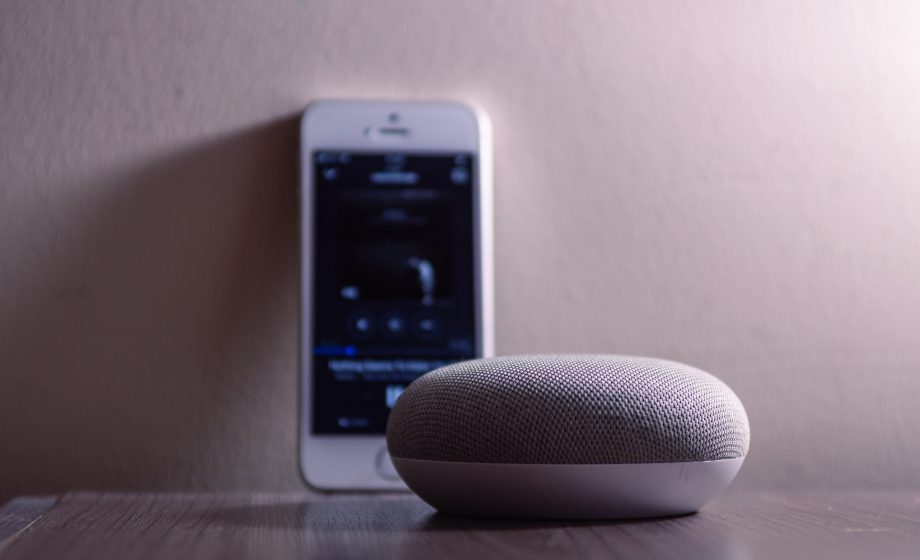Google has said it will ask for clear permission to allow staff to hear audio recordings from users, according to BBC News, after it and other tech giants came under fire for the practice following revelations earlier this year.
Amazon, Google, Facebook, and Apple have all used human reviewers to help identify words and phrases and improve voice recognition capabilities. Many users were unaware a human would hear their recordings, some of which included private data and personal conversations.
While analyzing recordings is a common practice to boost machine learning, virtual assistants can be activated and begin recording without the knowledge of users, creating a new set of privacy issues.
According to a July report from the Belgian VRT NWS news website, Google’s recordings had captured business phone calls that included private data, as well as “bedroom conversations,” and heated arguments.
Last month, Germany’s data protection commissioner launched an investigation into the practice.
“The use of speech assistance systems must be transparent so that informed consent can be obtained from users,” commissioner Johannes Caspar said at the time.
Google cooperated with the investigation and suspended its review system across the European Union until changes could be made.
Unlike Amazon and Facebook, which require users to opt-out of their systems with recordings reviewed by default, Google has said that it had always required users to opt-in, but hadn’t clearly communicated that human staff members could hear recordings.
Now, Google has apologized in a blog post, for failing to make it “easy for you to understand how your data is used.”
They’ll prompt users that had opted-in previously, and perhaps unknowingly, to review their choice while clearly stating that human staff would be involved in the review process. The company will also offer a new setting to adjust the sensitivity of devices, making them less likely to activate accidentally, though more difficult to activate in settings with background noise.
Finally, Google said it will “automatically delete the vast majority of audio data associated with your account that’s older than a few months.”
The move has drawn praise from digital privacy advocates, such as Open Rights Group executive director Jim Killock, who said:
“Companies should do the right thing and make sure people choose to be recorded. They shouldn’t be forced into checking that every company isn’t intruding into their homes and daily conversations.”
Google estimates that about one in every 500 recordings would be reviewed by human staff.
Photo by Caio Resende from Pexels

